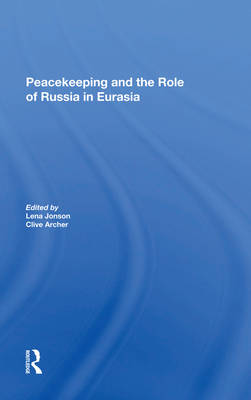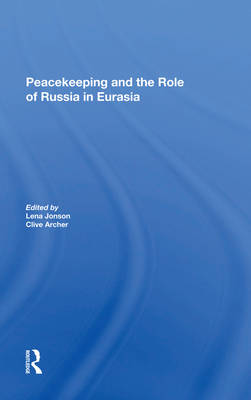
- Retrait gratuit dans votre magasin Club
- 7.000.000 titres dans notre catalogue
- Payer en toute sécurité
- Toujours un magasin près de chez vous
- Retrait gratuit dans votre magasin Club
- 7.000.0000 titres dans notre catalogue
- Payer en toute sécurité
- Toujours un magasin près de chez vous
Description
"As the number of peacekeeping efforts conducted internationally under the aegis of military forces increases, thers is more pressure to resolve the dilemma inherent in all peacekeeping activities-how to combine efficiency with legitimacy. This dilemma is particularly acute in the many conflicts that have mushroomed in the Eurasian region following the disintegration of the Soviet state. Given the history of Soviet Russian repression of ethnicnational entities, can Russia-the USSR's primary heir-be relied on to resolve rather than inflame conflicts in the other post-Soviet states and regions? In order to answer this question, the contributors to this timely volume evaluate the factors that guarantee Russia's intervention in its ""near abroad."" They debate whether Russian ""peacekeeping"" is legitimate according
to international norms or whether it may be a harbinger of ""neoimperialism."" Finally, they explore the origins and effectiveness of Russia's intervention in four cases of regional conflict and discuss the complexities of broader multilateral involvement."
Spécifications
Parties prenantes
- Auteur(s) :
- Editeur:
Contenu
- Nombre de pages :
- 240
- Langue:
- Anglais
Caractéristiques
- EAN:
- 9780367282516
- Date de parution :
- 13-09-19
- Format:
- Livre relié
- Format numérique:
- Genaaid
- Dimensions :
- 147 mm x 236 mm
- Poids :
- 340 g

Les avis
Nous publions uniquement les avis qui respectent les conditions requises. Consultez nos conditions pour les avis.






